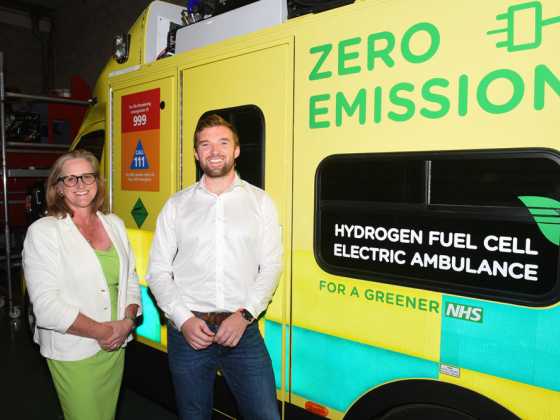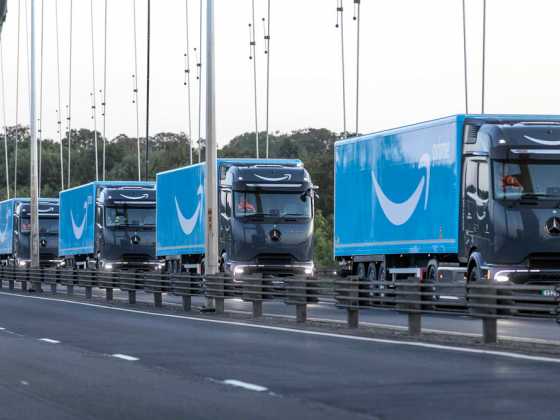Practical guide to Mobility as a Service launched

The Urban Mobility Partnership (UMP) will be launching its practical guide to Mobility as a Service (MaaS) at a roundtable discussion in Birmingham on Wednesday 24 November.
Decision makers and local authority representatives from across the UK will be coming together to discuss MaaS, the integration of transport services into a single mobility digital service. UMP will be presenting an exclusive paper which provides stakeholders guidance on how to incorporate MaaS solutions effectively and efficiently into their local areas. There will also be a product demonstration of Go-Hi, Europe’s largest MaaS trial, ongoing in the Highlands of Scotland, supported by UMP members.
It is estimated that multi-modal travel, encouraged by the adoption of MaaS, will replace over 2.3 billion urban private car journeys annually by 2030. MaaS is also forecasted to lead to annual time savings of over 500 million hours by 2030.
MaaS has the potential to dramatically change the way that consumers travel, improving accessibility and cost-efficiency, and steering consumers away from private vehicle use. MaaS solutions can also combat congestion, pollution and carbon emissions, and are part of a wider sustainable transport system needed to achieve the UK’s environmental targets.
Ross Basnett, member of the Urban Mobility Partnership, said “This roundtable will draw together leading experts and decision makers to discuss the best ways to move towards a multi-modal and sustainable transport future.”
“Mobility as a Service is a key step in driving modal shifts away from private car use, using a data-driven digital platform, and we are excited to launch our policy paper. We look forward to working with stakeholders across the country to help ensure that MaaS delivers on its potential, best serves consumers and helps national and local governments achieve their transport decarbonisation goals.
“This event is an important initiative to support local authorities and decision makers in policy making around future transport systems and we look forward to welcoming policy makers to Birmingham.”



